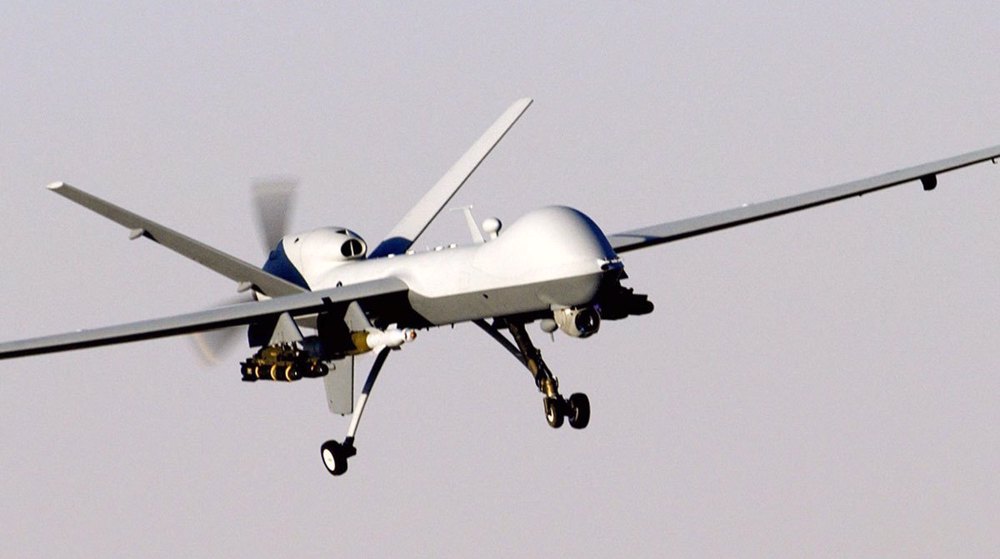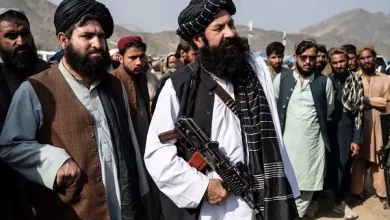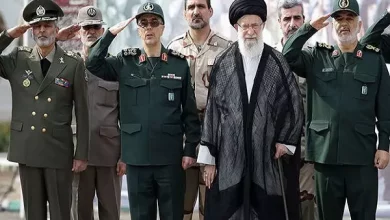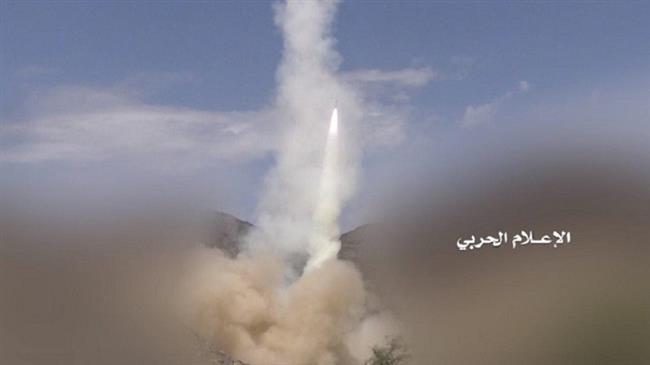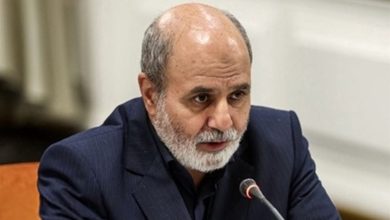Iran not behind resistance front’s decision to attack US-run bases in Iraq, Syria: FM
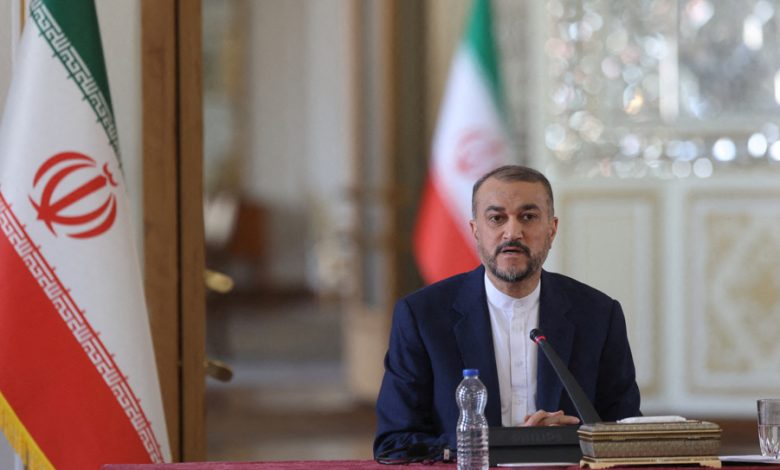
Iran’s foreign minister says the country has had no role in the recent attacks by resistance groups in Iraq and Syria on US-run bases.
“These groups in Iraq and Syria, that are attacking US interests, have made their own decisions,” Iranian Foreign Minister Hossein Amir-Abdollahian told CBS News in an interview published on Wednesday.
Pointing to Israel’s genocide against Palestinians in the Gaza Strip over the past 41 days, he expressed Iran’s strong opposition to the spillover of the war to other parts of the region.
“We really didn’t want this crisis to expand. But the US has been intensifying the war in Gaza by throwing its support behind Israel,” the top Iranian diplomat emphasized.
Amir-Abdollahian dismissed allegations that Iran was responsible for a drone attack in the Red Sea that appeared to be targeting a US missile destroyer.
A statement from the Pentagon claimed that the guided-missile destroyer USS Thomas Hudner shot down the drone early Wednesday morning, which originated from Yemen, as it was “heading in the direction of the ship.”
The Pentagon, however, did not say who it believes fired the drone.
“Yemen makes its own decisions and acts independently,” Amir-Abdollahian said.
In a statement on November 8, Yemen’s Armed Forces announced the shooting down of an advanced American drone as the aircraft was operating in support of the Israeli regime.
The MQ-9 Reaper drone was brought down using a surface-to-air missile as the aircraft was flying in the airspace over Yemen’s territorial waters.
The aircraft was struck while carrying out a “hostile espionage” operation within the framework of the United States’ military support for the Israeli regime, the statement added.
The United States has found its interests in the region coming under repeated attacks, since Israel launched its devestating war on Gaza early last month.
US bases in Syria and Iraq have been struck multiple times with drones and rockets, raising fears of regional escalation.
Israel has launched relentless air and ground attacks on the coastal territory, targeting hospitals, residences, and houses of worship, since Palestinian resistance movements launched a surprise attack, dubbed Operation al-Aqsa Storm, against the regime on October 7.
According to the Gaza-based health ministry, at least 11,500 Palestinians, including 4,710 children, have been killed in the strikes. More than 32,000 others have been injured.
Tel Aviv has also imposed a “complete siege” on Gaza, cutting off fuel, electricity, food, and water to the more than two million Palestinians living there.
The United States, Israel’s biggest ally, has provided the regime with arms and ammunition since the initiation of the Gaza war.
The US House of Representatives on November 2 passed a standalone $14.3-billion military assistance package for Israel. The legislation, however, is yet to clear the Senate.
Washington has also vetoed United Nations Security Council resolutions that called on the occupying regime to cease its aggression.
In his interview, Amir-Abdollahian said the resistance fighters’ attacks were a response to 75 years of Israeli occupation.
“What Hamas did was based on its legitimate right to defend itself,” the Iranian foreign minister argued.
He also reiterated Iran’s opposition to the killing of women and children everywhere.
